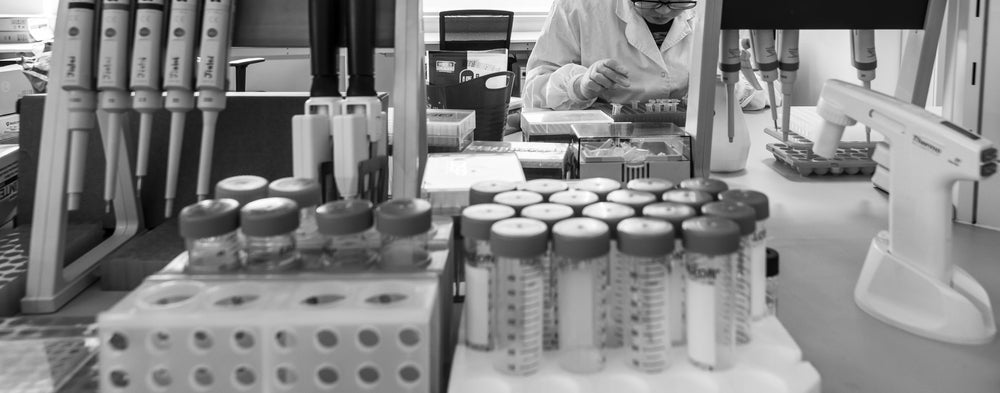The current adeno-associated virus (AAV) vector manufacturing landscape in 2024 is a “buyer’s market” with companies competing for clinical trial material manufacturing, as per Sebastian Bauer, Director CMC of CombiGene.
Bauer was speaking at a session on the first day of the 12th Annual Outsourcing in Clinical Trials & Clinical Trial Supply Nordics meeting.
During his presentation, Bauer described the landscape for contract development and manufacturing organisations (CDMOs) that can manufacture therapies, through the perspective of a small biotech company. The Stockholm, Sweden-based Combigene is developing gene therapies for chronic pain and epilepsy.
Innovation through CDMOs comes incrementally, Bauer says, and is difficult due to high costs and other constraints. He added that “small biotechs like CombiGene need to derisk and be efficient with their funds,” highlighting that there are limited opportunities to evaluate innovative approaches.
However, innovation in AAV manufacturing is still a possibility. For example, the move from using synthetic DNA instead of plasmid DNA (pDNA) is expected to be more sustainable from a manufacturing perspective, and has the potential for substantial cost-savings, both mid and long-term, says Bauer. Synthetic DNA is a feasible AAV manufacturing innovation, offers various advantages such as a smaller footprint, reduced utility use, and faster manufacturing leading to improved sustainability compared with plasmid DNA manufacture in E.Coli), according to Bauer. Additionally, synthetic DNA also helps avoid antibiotic resistance genes and has the potential for a higher degree of sequence fidelity.
Requirements and considerations for CDMO partners
A small biotech would also need to consider the future licensing prospects of a product looking at CDMO partnerships, says Bauer. He says an ideal Request for Proposal (RfP) process from a small biotech looking for a long-term CDMO partner should be split into three phases: a feasibility study, clinical trial material manufacturing, and commercial manufacturing.
Experience with the specific AAV serotypes and possession of the most suitable AAV platform should also be taken into account. Feasibility studies can help confirm the suitability of the offered AAV manufacturing platforms.
Next, it is important to consider the therapy-specific attributes. “When having a product that needs small amounts of drug product for each patient, you can focus more on critical attributes affecting quality and safety during development,” Bauer said. However, it is important, given the potential for out-licensing, to also consider the annual volumes required in the commercial phase, he added. “If you are aiming for an indication like chronic pain with up to 1 billion patients, (fewer for gene therapy), you need to take this into consideration early on in a project, especially, when picking a long-term CDMO partner”, Bauer concluded.
The CDMO’s financial robustness, long-term commitment, and geolocation are also important points to consider. In the case of CombiGene, the company prefers to work with CDMOs within the EU and UK. Partnerships with US-based companies would require unique selling points to be attractive, while those in Asia are a challenge.
Other characteristics of a suitable CDMO partner should be dedication, attention to detail, and willingness to invest. Bauer also said that “it takes a lot of attention to detail and effort to give a small biotech the assurance that the project is a valuable project for the vendor”. Initially, the CDMO will need to show a strong track record, prepare for a “paper exercise” and show dedication and attention to detail as well as interest in the product and willingness to invest something themselves.
A partnership should aim to lead to “marriage for life” for a gene therapy product, according to Bauer, who added that since a “divorce” is so complex, costly and time-consuming, additional effort, like through feasibility studies, is greatly recommended.
The 12th Annual Outsourcing in Clinical Trials & Clinical Trials Supply Nordics conference is hosted by Arena International Events Group, a B2B events company owned by GlobalData, the parent company of Clinical Trials Arena and Pharmaceutical Technology.
A detailed agenda for the OCT stream can be found here, while a detailed agenda for the CST stream can be found here.









